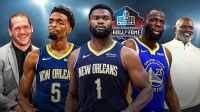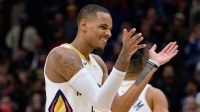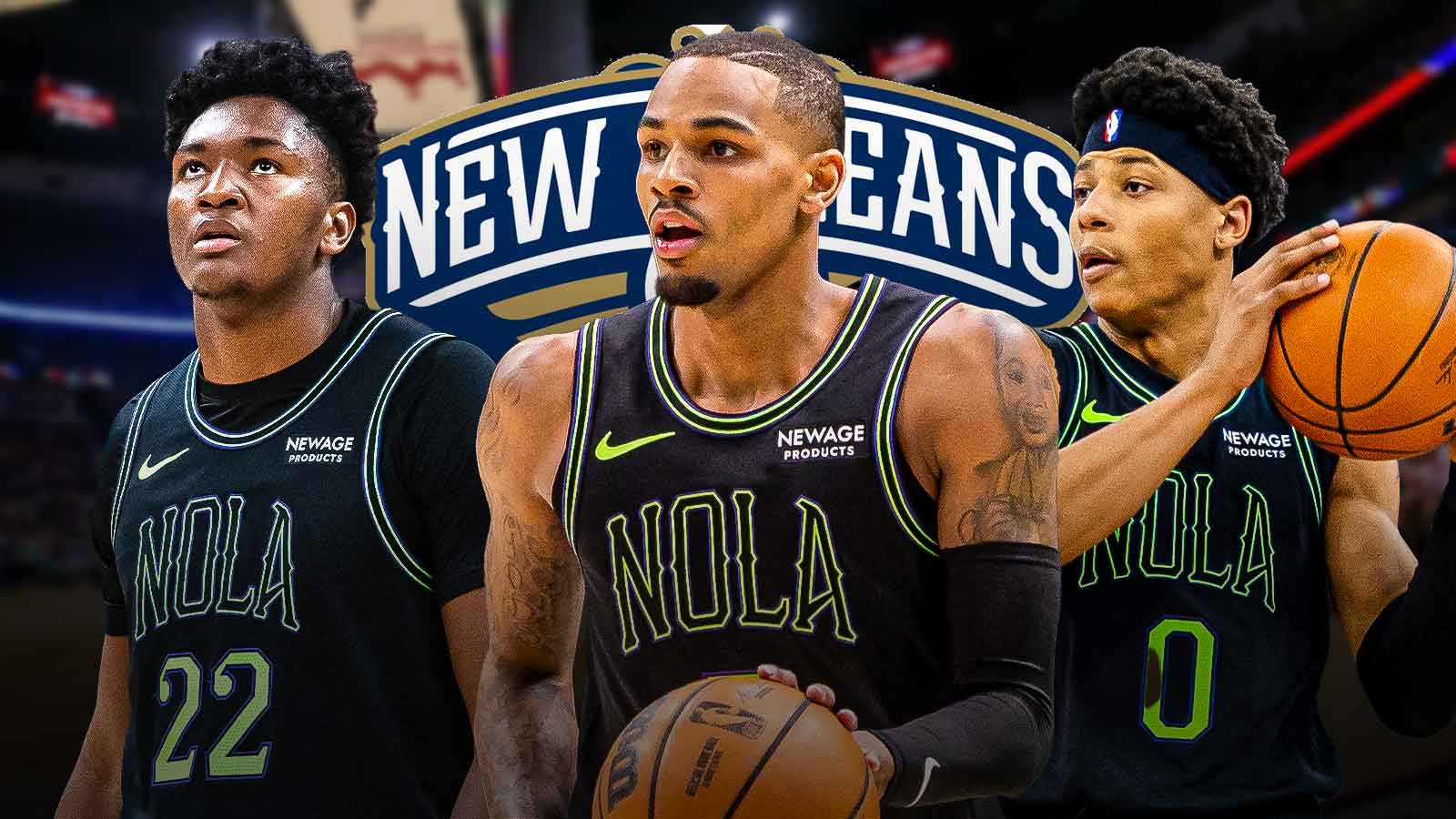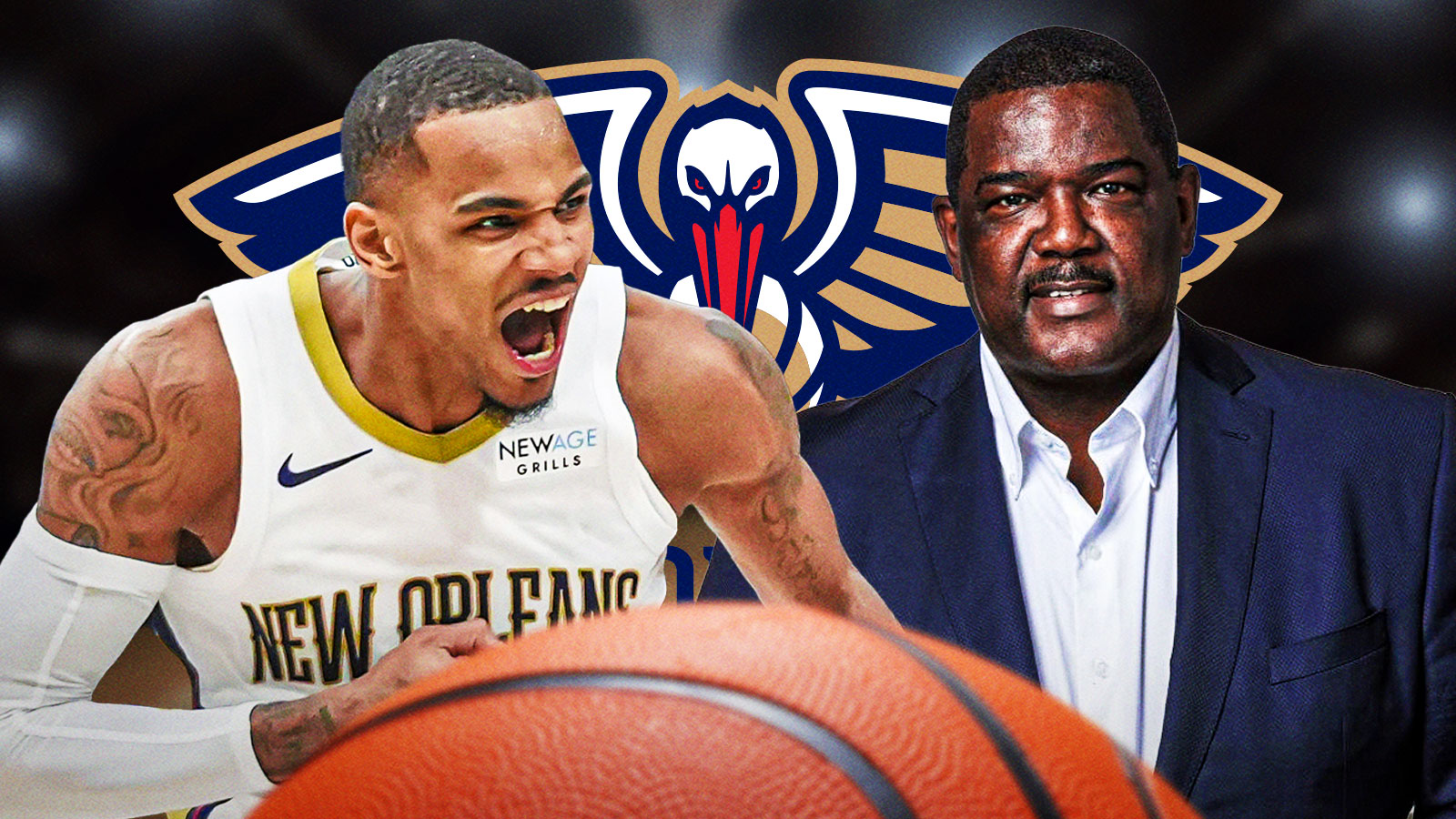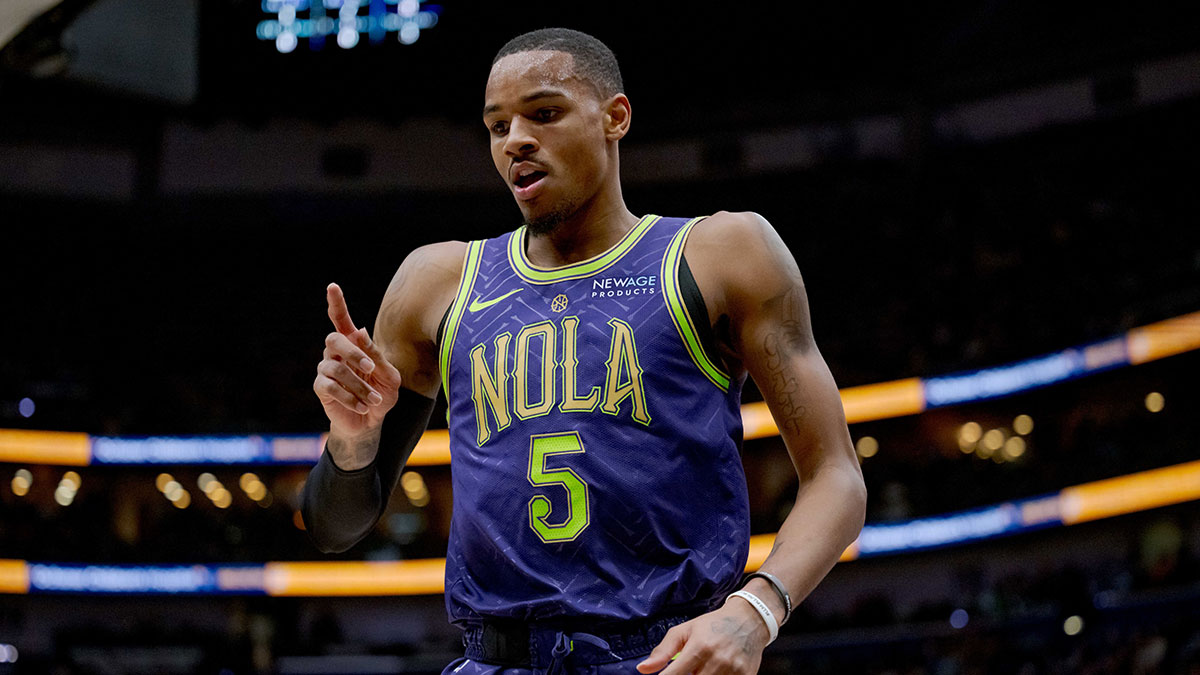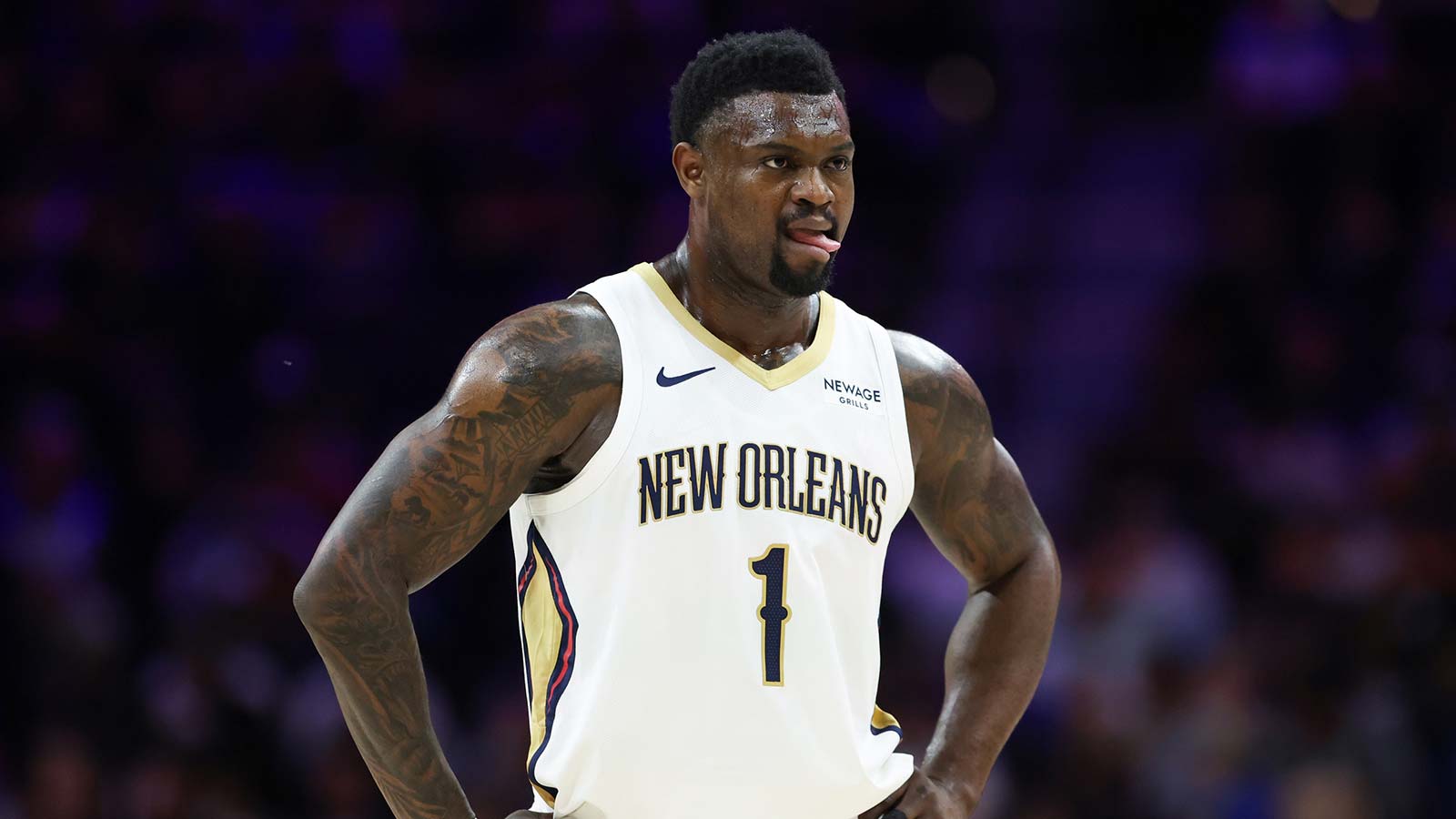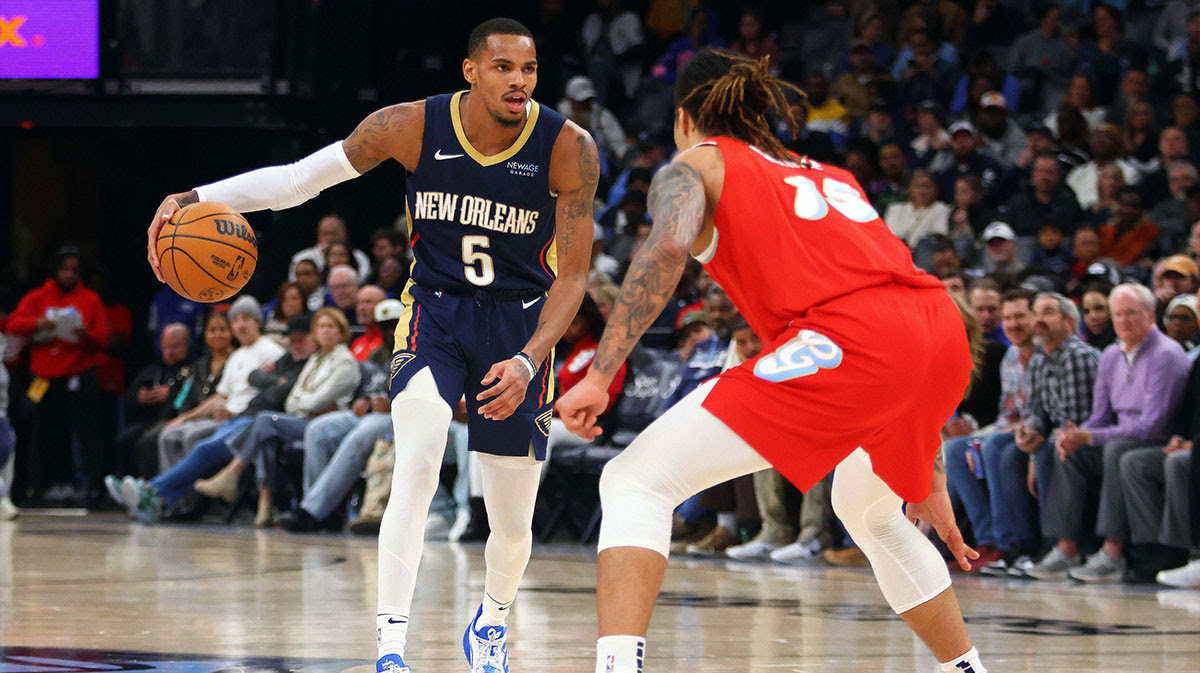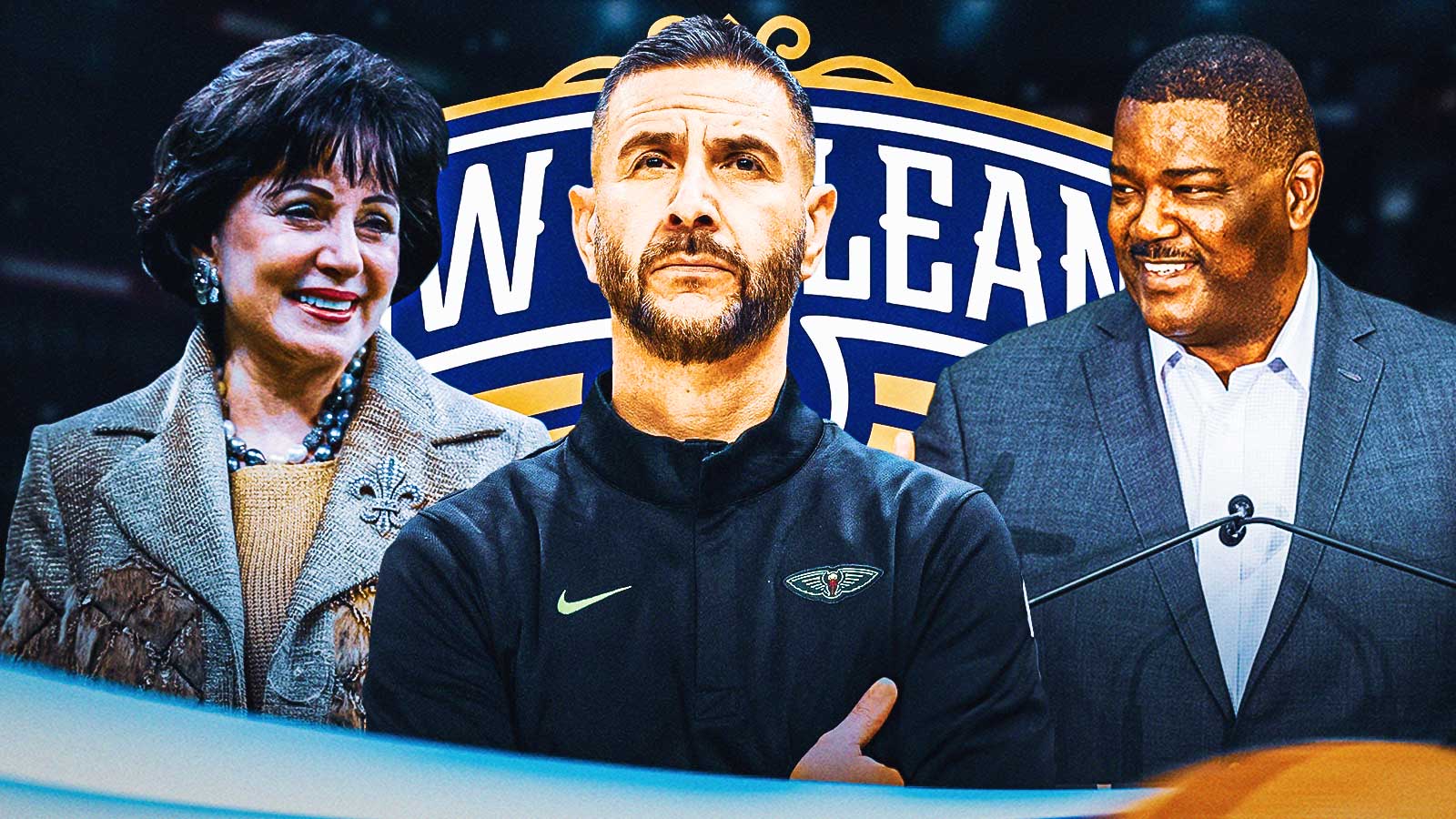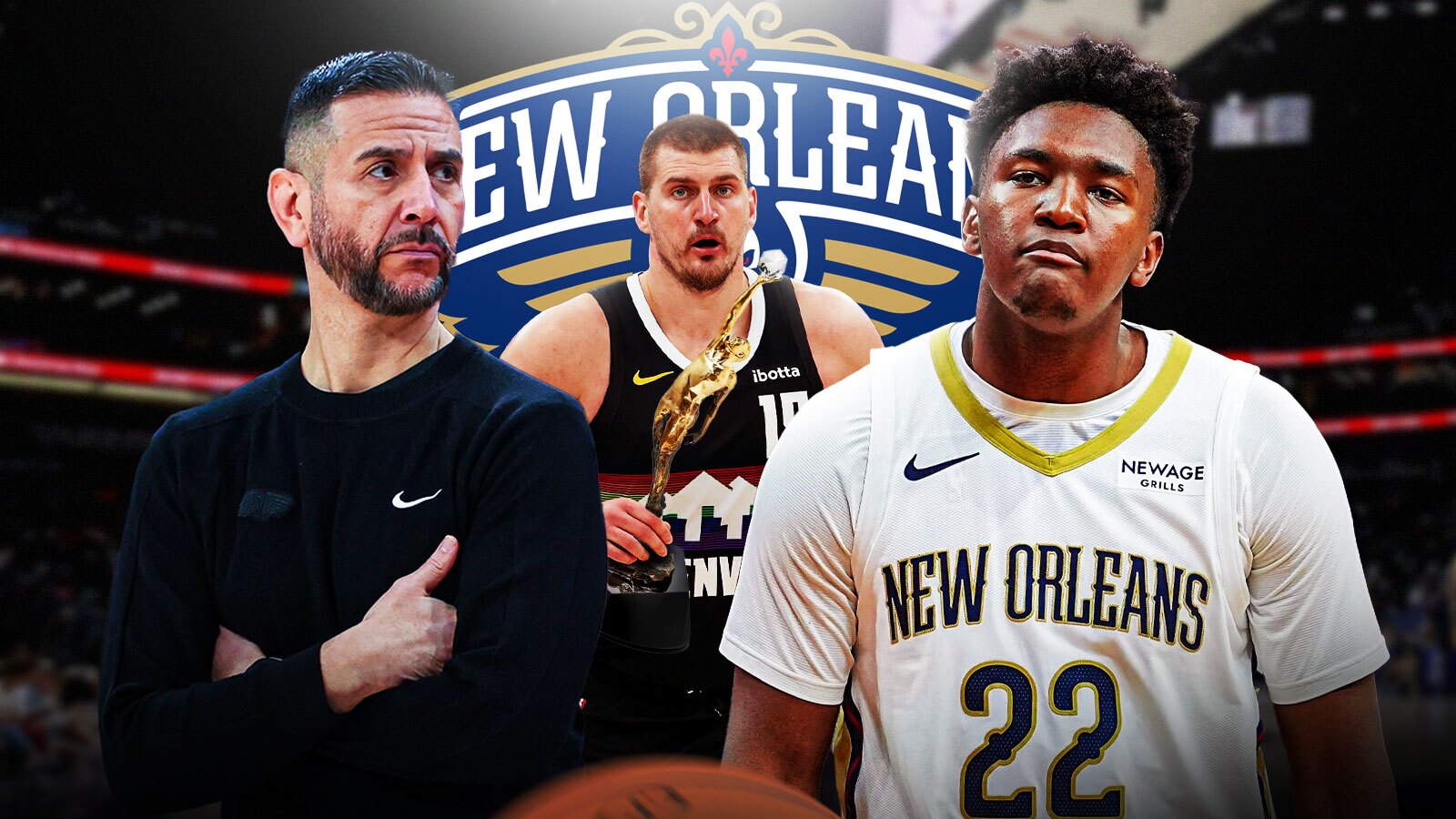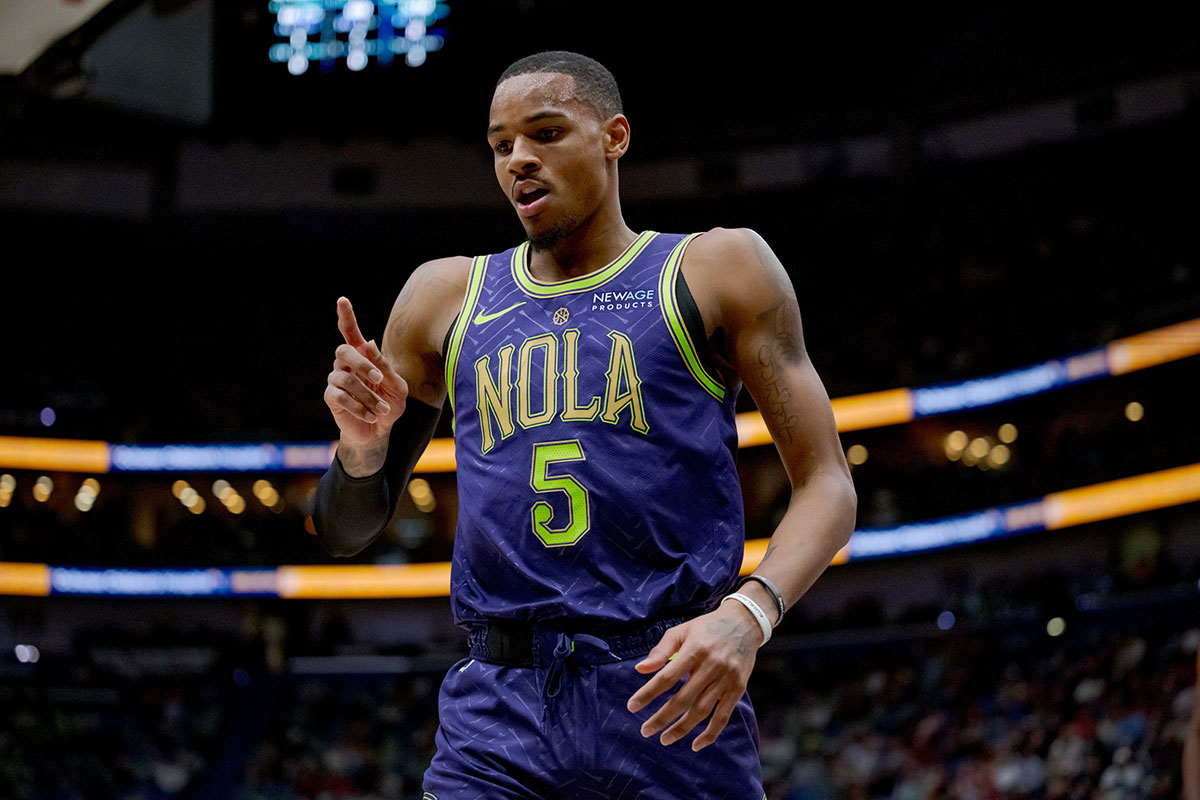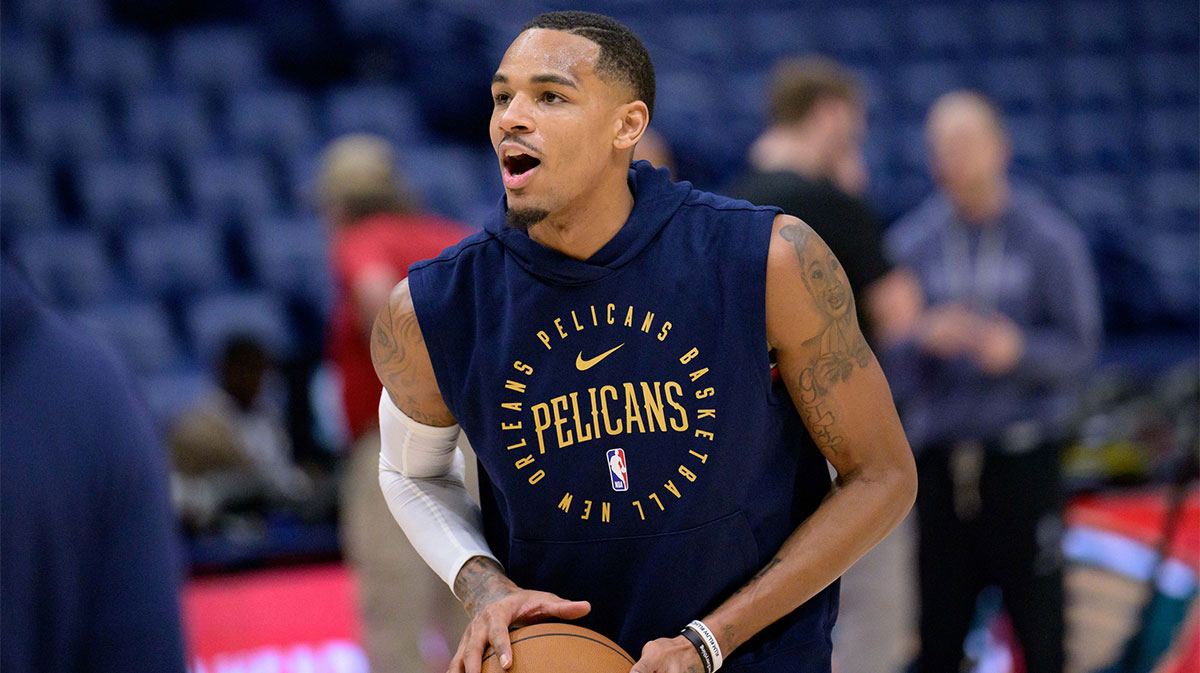The New Orleans Pelicans' quest to find a suitable trade partner for Brandon Ingram has hit another roadblock. The Utah Jazz were once considered one of the most sensible potential destinations for the talented forward. Utah President Danny Ainge put a damp town on those small fires by inking Lauri Markkanen to a long-term contract extension. Now Markkannen is ineligible to be traded this season, effectively taking the Jazz out of the running for Ingram.
New Orleans is not being left in the lurch here. Sources indicated the Pelicans expected a mild, tepid market for Ingram in May. The Pelicans have fielded calls but have not been frustrated by having fewer options in the market. Ingram and the front office have both expressed their desire to continue to relationship. The only sticking point is the future price tag.
Those are just a few reasons the Ingram market is now effectively frozen. The Jazz only have surplus-to-requirements spare parts to offer in return. The Pelicans need more than that to even consider calling it quits on the current core. Just look at what Utah wants to use to acquire an All-Star.
John Collins: An Overpaid Front Court Option
One of the key pieces that could have been involved in a trade with the Jazz is the soon-to-be 27-year-old John Collins. However, Collins is getting $26.6 million and can leave after this season. That type of salary cap hit makes him a less attractive option for the Pelicans. It's the same reason other organizations have been reluctant to take on Ingram's expiring deal.
The bill comes due eventually. Replacing a high-cost rental option is all but impossible. Despite his athleticism and potential, Collins has struggled to consistently perform at a level that justifies his salary. His defensive lapses and inconsistency on offense have made him a liability at times, further complicating any potential trade scenarios.
Averaging 15.1 points and 8.5 rebounds while shooting 53.2% from the floor looks great in a vacuum. Collins can claim that stat line but it comes with the worst defensive rating of his career. Can Willie Green work with that and get better results than with Ingram and the center-by-committee approach? It's doubtful from a coaching perspective and risky for the front office too considering the stakes.
Walker Kessler: A Solid Center, But Not Enough
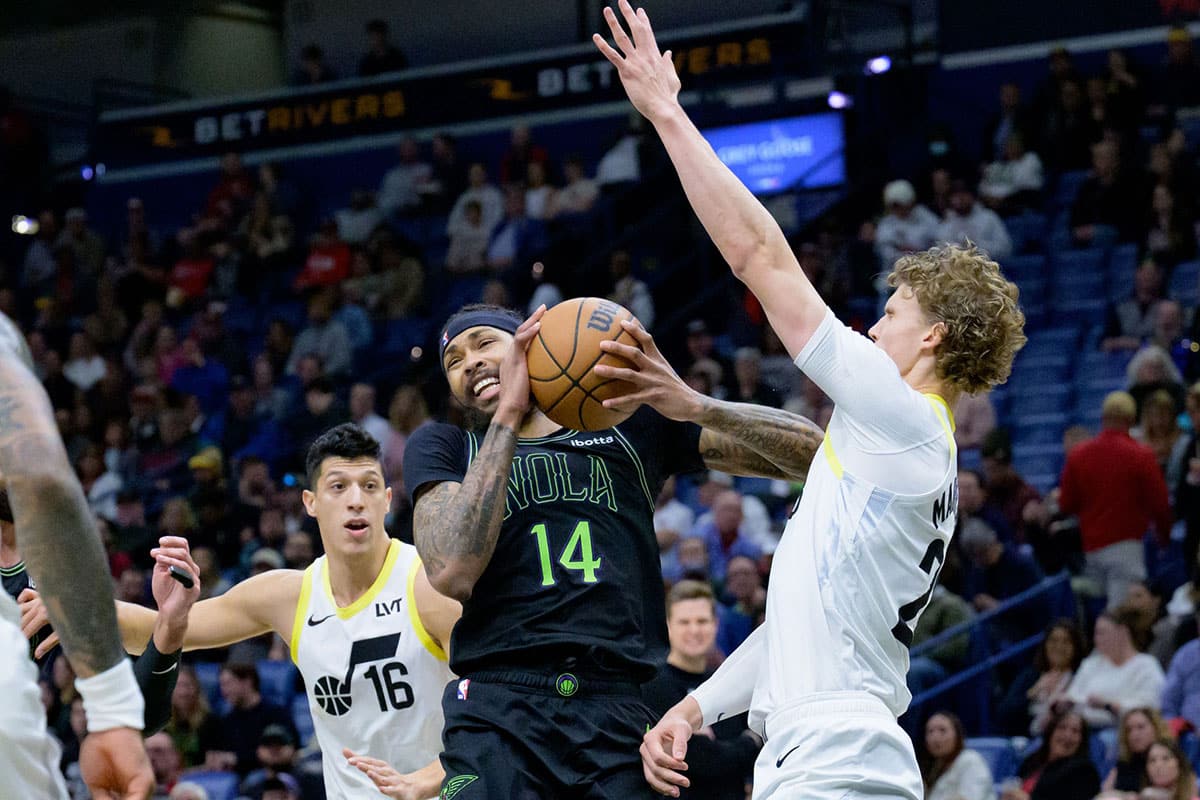
Walker Kessler has shown significant potential and could be a valuable asset for any team. The Jazz’s promising young center is also on the market for a reason. Utah has been drumming up interest in Kessler for months but at an unreasonably high price. The sticker shock of multiple first-round selections is too much in an Ingram deal. Kessler for Jordan Hawkins makes more sense for all parties.
Kessler's stout defense and reliable rebounding would be great next to Zion Williamson. Yves Missi and Karlo Matkovic could fill out the reserve rotational minutes. However, Ingram is exponentially better than Kessler. Ingram’s scoring ability, versatility, and overall impact on the game make him a far superior player. The Pelicans would need more than just Kessler and salary filler to justify trading away their star forward.
As the trade deadline approaches, the Pelicans face a tough decision. If Ingram continues to demand a $50 million per year contract extension, the team must weigh their options carefully. However, Collins and Kessler might not even be able to play together, lessening their overall value to New Orleans. While Ingram’s talent is undeniable, the financial implications of such a deal could hinder the team’s flexibility in the future. If the best offer on the table involves a package centered around Kessler and Collins, the Pelicans might have to consider pulling the trigger, despite the less-than-ideal return.



